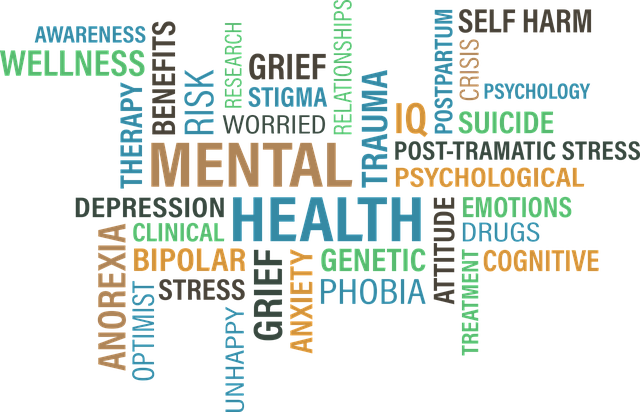There has long been a connection between mental health and substance abuse. However, recently, the term ‘dual disorders’ has been used more frequently. Psychiatrists and medical researchers alike have discovered that mental problems can often lead to substance abuse, as patients self-medicate. Learn more about the duality of these disorders and how they relate to each other below.

Sobering Statistics
The National Bureau of Economic Research (NBER) has said in no uncertain terms that there is a definite connection between the use of addictive substances and mental illness. Their research shows that patients suffering from mental health disorders are 20% more likely to be addicted to alcohol, 27% to cocaine, and 86% to cigarettes. Further, these people are responsible for a lot of the consumption of these addictive substances: 40% for cigarettes, 44% for cocaine, and 38% for alcohol.
Self-Medication
Self-medication is a serious problem among people with mental health disorders. Often, the pain gets to be too much for them to handle, so they’ll turn to drugs or alcohol to alleviate their symptoms. Over time, they become reliant on these substances, which can lead to even more problems beyond addiction. For example, someone with a mental health disorder who becomes reliant on alcohol could easily drive around while intoxicated. They might not even realize that’s a problem because intoxication has become such a way of life for them to cope.
Dual Diagnosis Treatment
Those who have been arrested for public intoxication or drug abuse often never have their underlying problems solved. If they serve time, they’ll quickly return to their previous destructive behavior upon release. Many treatment facilities only address the addiction itself, leaving potential causes for the addiction—like mental illness—to stick around, which causes the harmful addiction to manifest again, even if the treatment facility and the patient thought it was gone for good. This creates an endless cycle of self-medication.
It’s vitally important for anyone who has a substance abuse problem to seek treatment for their addiction, but it’s also important to pursue a mental health evaluation. Determine if an underlying mental illness or disorder is present. If one is, your doctors will know to use dual diagnosis treatment, which is the only treatment that truly gives those struggling with these issues a chance for long-term recovery. Don’t delay help. You can be on the road to recovery and a better future.


